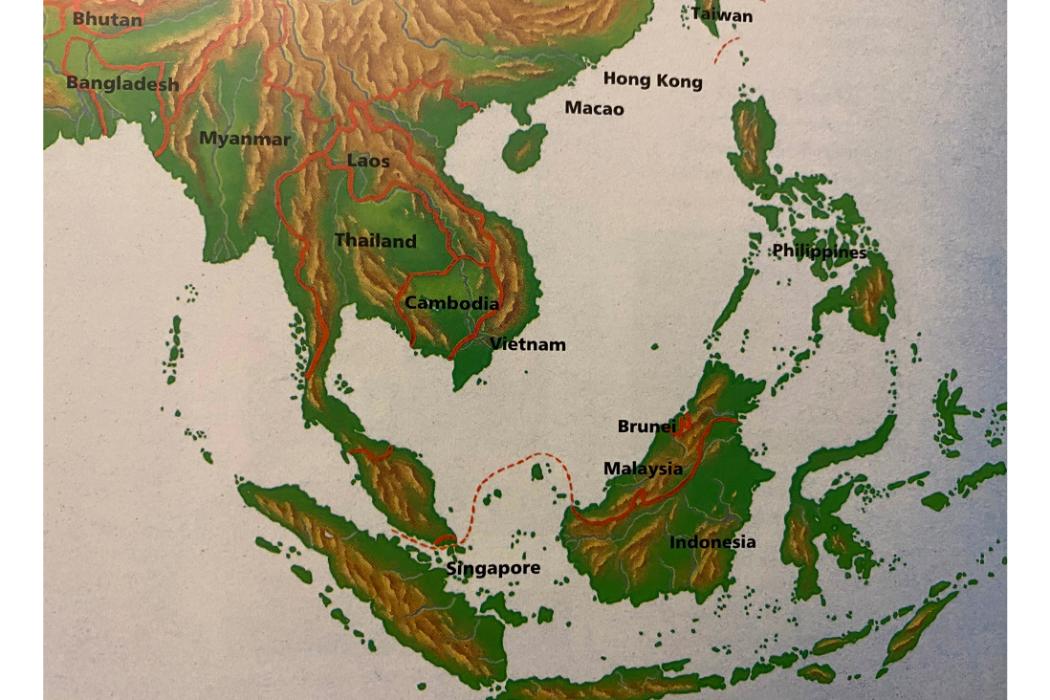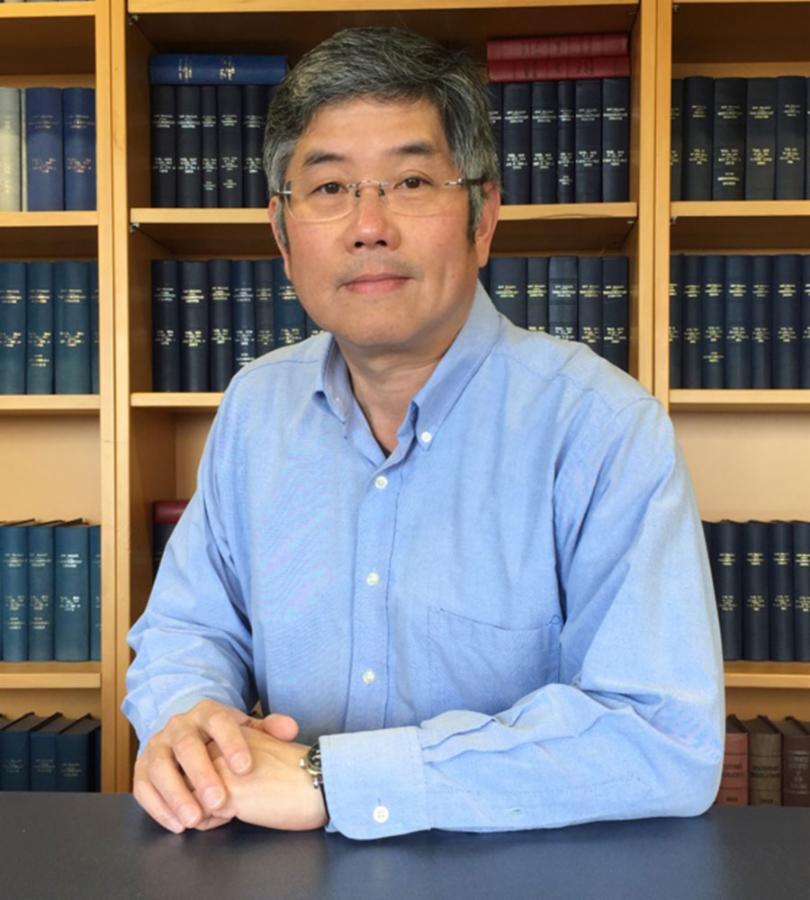Learn about the Southeast Asia Research Initiative
Our members are engaged in research on Southeast Asia across many disciplines including comparative politics, international relations, history, anthropology and geography.
We seek to:
- Stimulate interest in research on Southeast Asia
- Disseminate research findings
- Discuss contemporary issues of interest
- Encourage and support field research
- Support postgraduate students working on Southeast Asia
- Encourage interdisciplinary research collaborations




